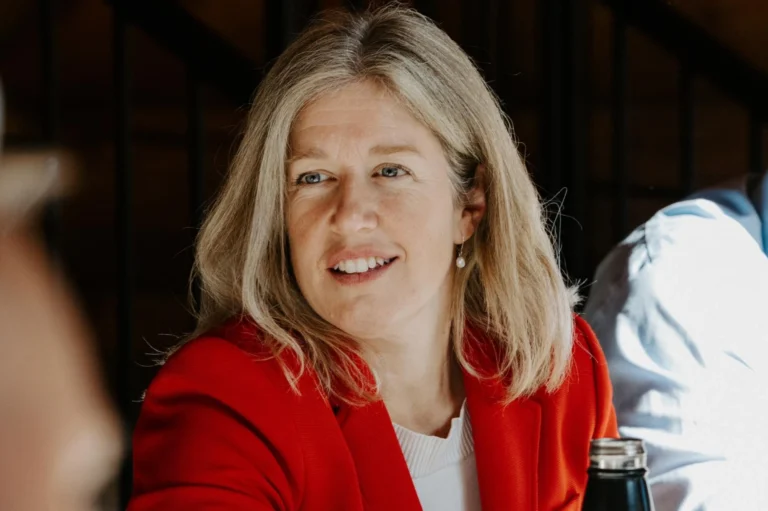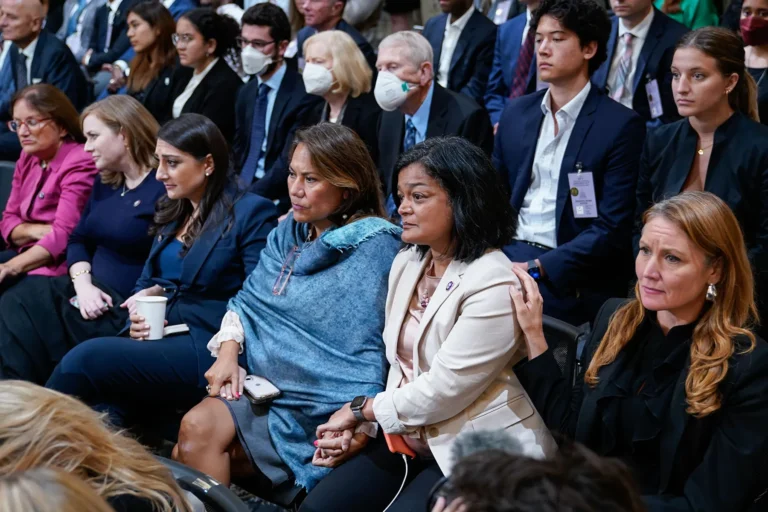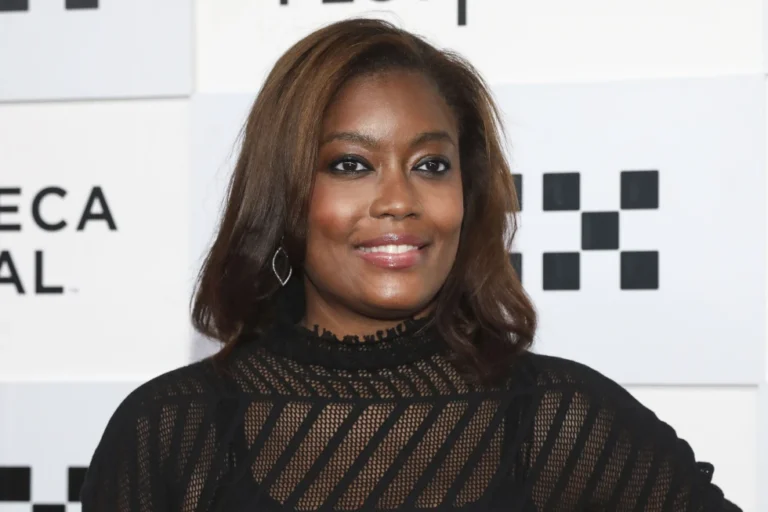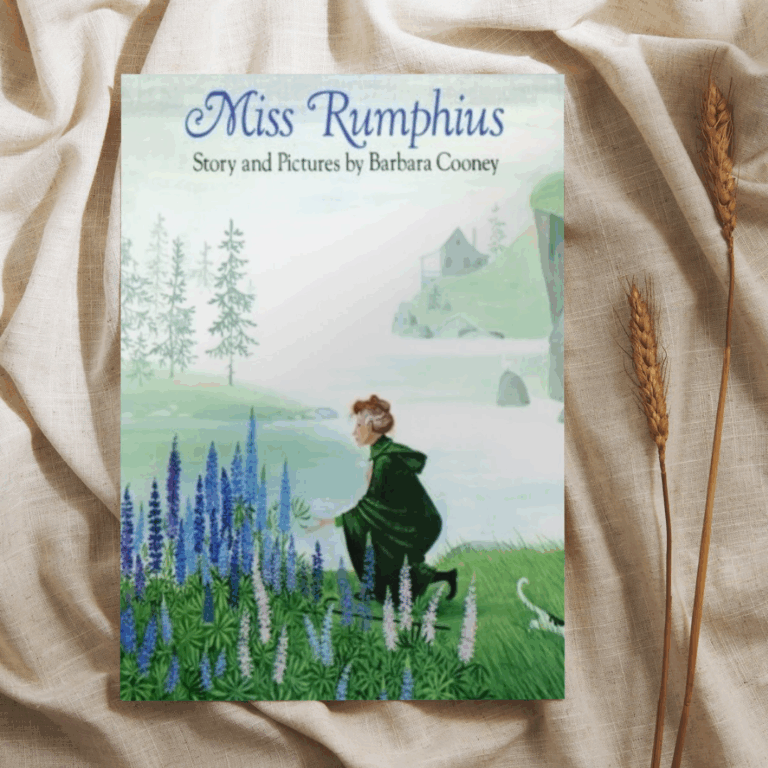Celina Caesar Chavannes — a bestselling memoir author, nominated for the Shaughnessy Cohen Prize for Political Writing
Celina Caesar-Chavannes is best known to many Canadians as a former Member of Parliament and the bestselling author of the memoir Can You Hear Me Now? which was a 2021 finalist for the Shaughnessy Cohen Prize for Political Writing.
But Celina is also a mother, a wife, an award-winning entrepreneur, a champion for equity and justice, and a woman who is unafraid to use her voice, even when it lands her in hot water. She is candid, outspoken, and lays it all on the table in this conversation with Jen and Catherine.
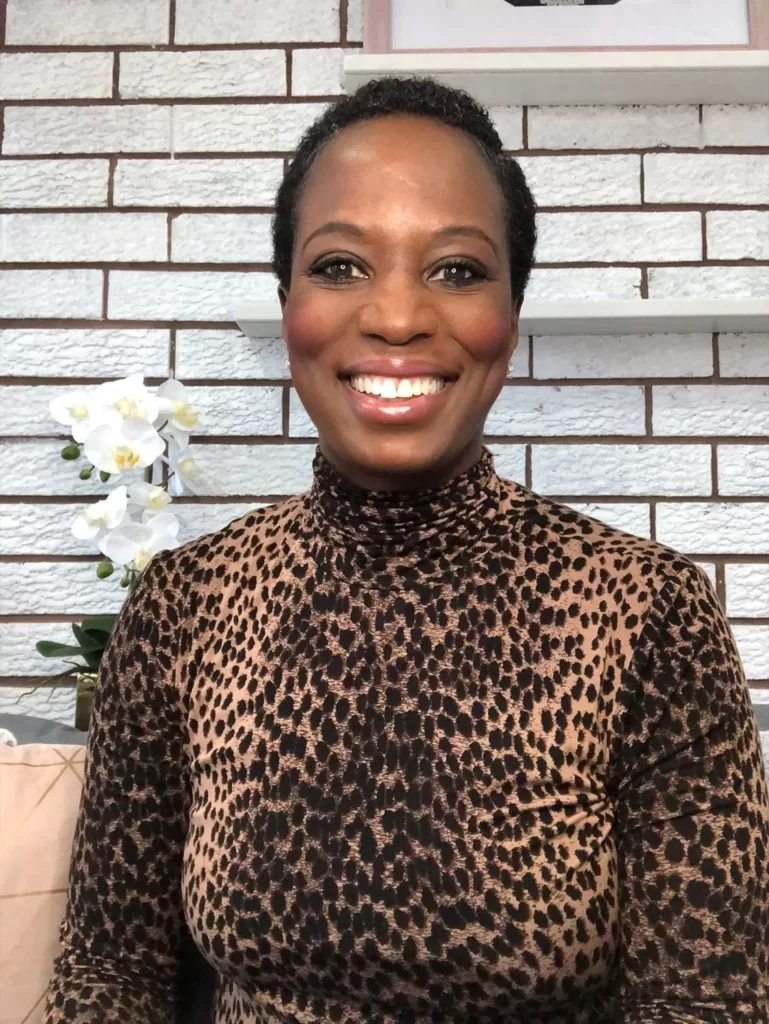
Training herself to be an extrovert
Jennifer Stewart: How are you doing during this pandemic?
Celina Caesar-Chavannes: I’m doing okay. I hate when people ask me this question because the pandemic for me has been a moment of pause, which I needed, and I used it for that moment of pause so I could take a break and not be hustling from the next to the next to the next. So, I’ve quite enjoyed it as an introvert.
People think I’m an extrovert, but I’m a trained extrovert — I have just taken the time to come to some peace with myself for once.
Celina Caesar-Chavannes
Catherine Clark: How did you train yourself to become an extrovert, and why did you choose to do that?
Celina Caesar-Chavannes: I so love being in solitude, even in my house — give me my bed and my big comfy W mattress. I bought a mattress from the W hotel because I like being in that cozy, fluffy loveliness. And when people come in to bug me, I’m like, just give me my peace and quiet. I had to train myself to be an extrovert, to be on and off, because I deal with major depressive disorder, and I also don’t like large public gatherings but my jobs have forced me to be in out in public. So I need to turn myself on — laugh, smile, talk, engage — and then turn myself off, and the energy it requires to turn myself on again to do those public outings, I have to train myself for. It’s like an Olympic event.
Jennifer Stewart: How do you find real connection in terms of your friendships and your partnership? How do you seek out those relationships?
Celina Caesar-Chavannes: If anybody’s read my book, they know that in university I had a challenge with my best friend at the time. For a long time, I never developed friendships. So, it’s only been myself and my husband or my kids until recently. After I got out of politics, I just kept thinking, this is so hard to do by yourself. Right now, I have a group of girlfriends, and for the first time, just before the pandemic hit,
I had my first girls’ night. Could you imagine? I’m 46 years old, and that was my first girls’ night. I kept saying to them, “This is so much fun.” It’s really hard for me to let people in, but this group of women I’ve been able to let in. Mind you, I’ve known them for quite some time and only recently have I opened the door a little bit and let them in. But it’s a process, especially when you’ve been burned before.
Being open about a painful past
Jennifer Stewart: In your memoir, you talk about how you have had a lot of struggle. To be quite candid, you were abused at an early age, in grade six by an older boy, and you talk about your friendship in university deteriorating, and you were left with your grandmother for a year-and-a-half when your parents emigrated to Canada. How were you willing to be so open about it in your memoir?
Celina Caesar-Chavannes: It’s interesting because I call politics the most painfully beautiful experience I’ve ever had, and it’s because I had to endure many of those pains. I assumed that my job, my title, and my position as Parliamentary Secretary to the Prime Minister or as a Member of Parliament would offer me some protection, as crazy as that sounds. And I realized that even in those positions, nothing protected me.
The painful part is, I was transported back to that Celina who was the young person who was left behind, who was not listened to, who was abused, who was hurt. But the beautiful part was now I was the adult Celina who could stand up in her own power and truth and say something about it.
And so the book was written very openly because, for the first time, as painful as it was, I saw that I could help the young girl who was being abused; I could help the person who had mental health struggles and was not able to talk about it; I could help those immigrant students who were struggling, just by telling my story. That was powerful.
It’s using it for good — I’m taking all of those painful experiences and using them to anchor my advocacy. I’m using that same pain, that hurt, but I am using it in a way that advocates for people who need that equity, and advocates for people who are hurting.
Catherine Clark: How did you feel lying in bed the night before your memoir came out, knowing that your whole truth was going to be unveiled to the world in such a public way?
Celina Caesar-Chavannes: I thought, “What have I done? Why did you do this?” A few people had read it in advance, and they loved it. And I thought, “Well, those people, they like me, so they have to like it, right?” Once it got out there, I thought I was going to be shamed and it was going to be a nightmare. But I remember getting the first couple of responses from Twitter, and I got one from an older white guy named Bill who said, “I’m supposed to be at work. I need to be doing my stuff. But I can’t work because I’m reading this book and it is so good.” And I kept getting those positive reviews.
Jennifer Stewart: It is a page-turner. Your story is tragic in so many ways, but it’s so hopeful in many others. Many people write memoirs near the end of their life. Why did you want to write this now?
Celina Caesar-Chavannes: Serendipity is a heck of a thing. I originally wanted to write a book about the lessons I learned in business and how I translated that into politics. I met with publishers in March of 2019, right at the time when SNC [Lavalin] was exploding, and they said they didn’t want a book about lessons. They wanted a book about how an immigrant girl comes to Canada at two years old and then stands up to the leader of a G7 country. How do you do that, with your history of pain, hurt, and everything else? They wanted a memoir, and I kept resisting it, but I ended up writing the memoir that way and loving it. There were painful parts to write, but when you write from a place of healing, it’s a beautiful, magical thing to do because you’re healing yourself and getting rid of the shame and guilt. It feels good.
Holding leaders to account
Catherine Clark: So, speaking of healing and forgiveness, would you be open to healing some old wounds with some of your former colleagues and the Prime Minister?
Celina Caesar-Chavannes: I don’t hold grudges. In August 2019, I was invited to an event in Oshawa with the Prime Minister as an independent, which doesn’t usually happen for independents. So I said I would go, but I said I needed seven minutes of the Prime Minister’s time. We had a chat — people think I have this animosity for him and I don’t. My job as an advocate is to push the leadership, including the Prime Minister, to do better; that’s my job. There’s so much inequity in our communities — the purpose of our democracy, which means the power of the people, is to hold the government to account. And so I will hold him to account. He’s the leader of a G7 country. Can I still have a beer with the guy? Certainly. Do I like his policy and how he enacts it? Not so much.
Catherine Clark: Do you ever regret your decision to run, or to leave politics?
Celina Caesar-Chavannes: No, neither. My decision to run was one of the best decisions I’ve ever made. I don’t want to live with any regrets. After I die, I want my tombstone to say, “All she had left to do was die.” But the decision to leave, do I regret that? I’m hurt by that decision, but I don’t regret it. I know that I had to leave for several different reasons, and I’m using this time to figure out a few things. And I can always go back. It’s not like when you leave, that door is bolted shut. So, the leaving is not consequential; it’s something I felt I needed to do.
Being more confident and overcoming fear
Jennifer Stewart: What advice do you have for other women in terms of being more bold, and investing and believing in yourself?
Celina Caesar-Chavannes: I wrote a book on that, too. I just recently published a book called MaximizingU, which is the journal that complements Can You Hear Me Now? It has the tools, the tricks, the strategies that I use to be more confident, to overcome fear, to get rid of imposter syndrome. It’s not about everybody being brave and vocal. It’s about doing what you can in your own level of comfort, and also in your own lane.
Not everybody wants to be political. But in your healthcare background, in using this podcast, in your education background, can you do what you need to do to be a transformative leader? Meaning, can you provide a platform for people to have tense and awkward conversations?
Can you see something happening on a micro level — the microaggressions that occur around you daily — and can you step in and say something about that?
Can you engage in activism or advocacy, even in a small way, like retweeting on Twitter or sending people direct messages?
There are so many ways to do this, but it has to be comfortable and authentic — otherwise, it becomes performative and tokenistic. We don’t want to force people into activism; we want people to understand that there’s a continuum around activism, and people could place themselves along that continuum from the person who makes sure that legislation or policy changes, right up to the person who’s out in the street, protesting. And there are all kinds of individuals in between.




